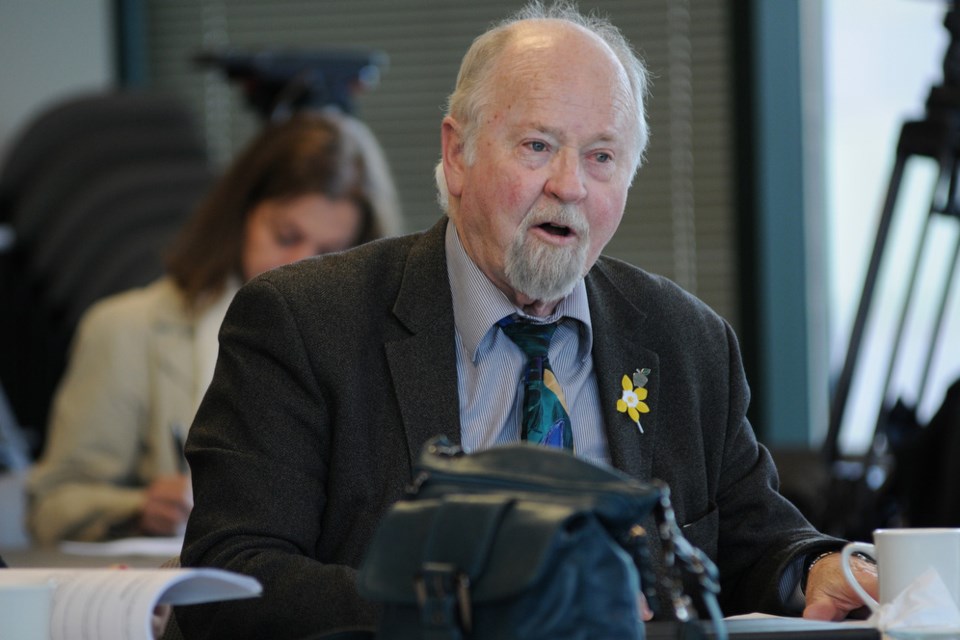Vancouver’s current longest serving elected official is no longer affiliated with a political party but isn’t ready to quit politics any time soon.
First elected in 1984, Ken Denike has spent most of the past 30 years as a Vancouver school board trustee and plans to run again in the upcoming election despite, along with first-term trustee Sophia Woo, having been expelled from the Non-Partisan Association caucus last week over comments regarding a revised VSB policy on gender identity.
“I am looking at the options,” Denike told the Courier. “There are a couple of options available but I’ve got to redo the analysis. [The expulsion] wasn’t something I didn’t expect so it didn’t come as a big shock but on the other hand I haven’t really done the groundwork required for this kind of pretty serious decision.”
Joining Vision Vancouver, as fellow former NPAer Allan De Genova did back in 2008 after being suspended for not toeing the party line, is not a possibility, although Denike said he plans on testing the political waters to see if any other municipal parties might be a fit.
“I’ll have a look and talk to the people,” he said. “I think it behooves seeing what the territory is. I don’t like the idea of the splinter parties, on the other hand that may be an option.”
He also hasn’t ruled out running as an independent candidate. While independents traditionally rarely even come close to being elected, Denike — who has served five terms as school board chair — has both a long track record and considerable name recognition. He earned 59,310 votes in the tight 2011 election, coming in fifth overall.
Fraser Ballantyne, who is now the NPA’s sole representative on the school board, won the ninth and final seat on the board with 55,713 votes, only a few hundred more than NPA candidate Stacy Robertson. Four COPE candidates also each earned more than 50,000 votes.
Denike isn’t backing away from the controversial comments suggesting realtors are worried the new policy offering increased support to transgender students will have a negative impact on attracting students from overseas.
“The reason we talked to the realtors and why it was rather important is that they are the ones who have the key and who have their nose to the ground in regards to international students,” he said. “That’s what it was about, it wasn’t about house prices.”



